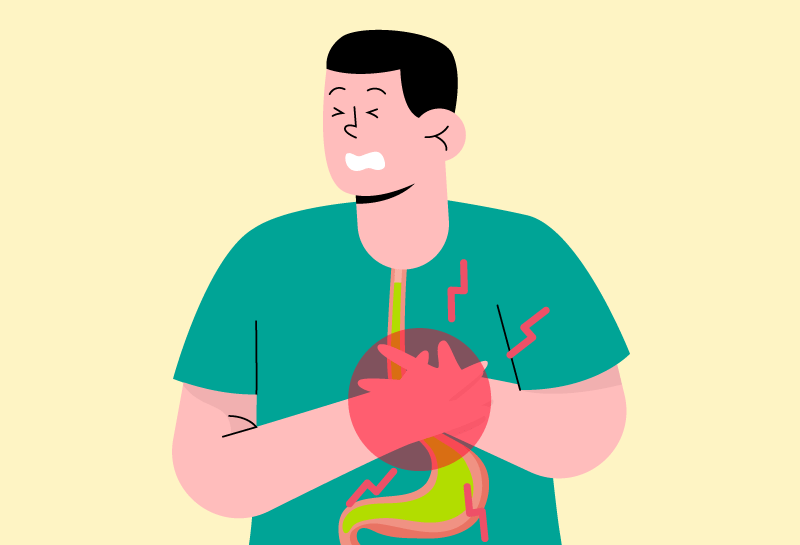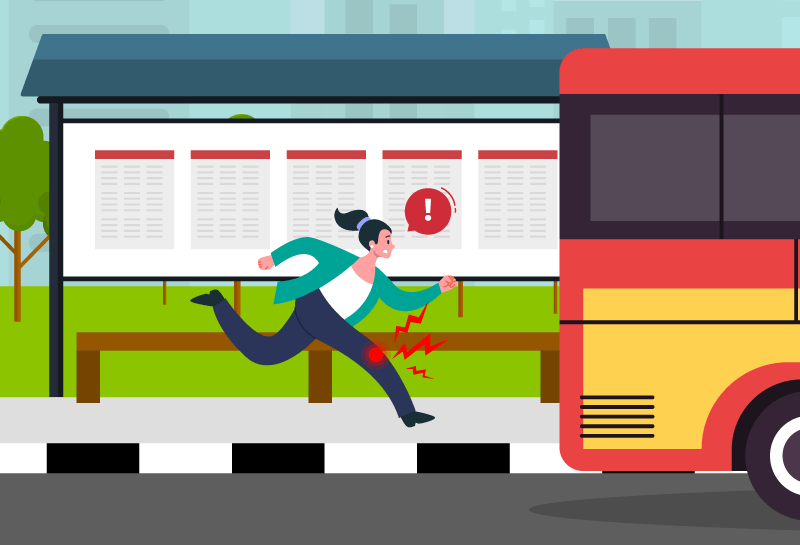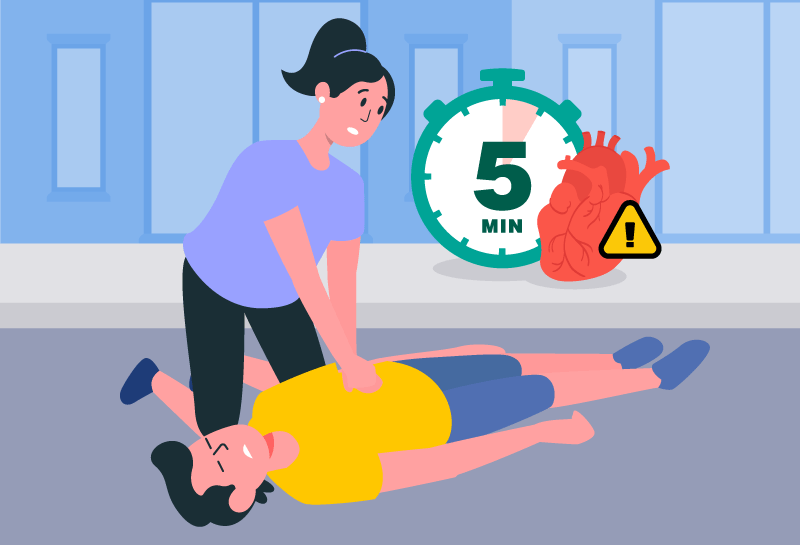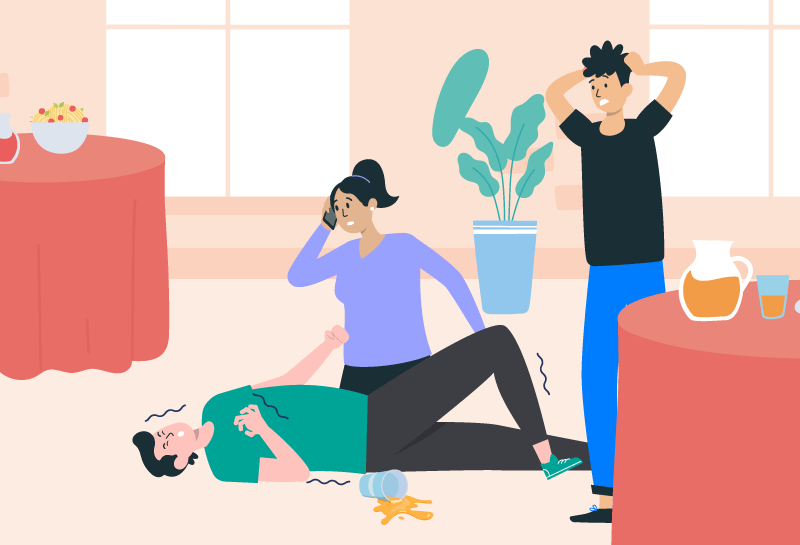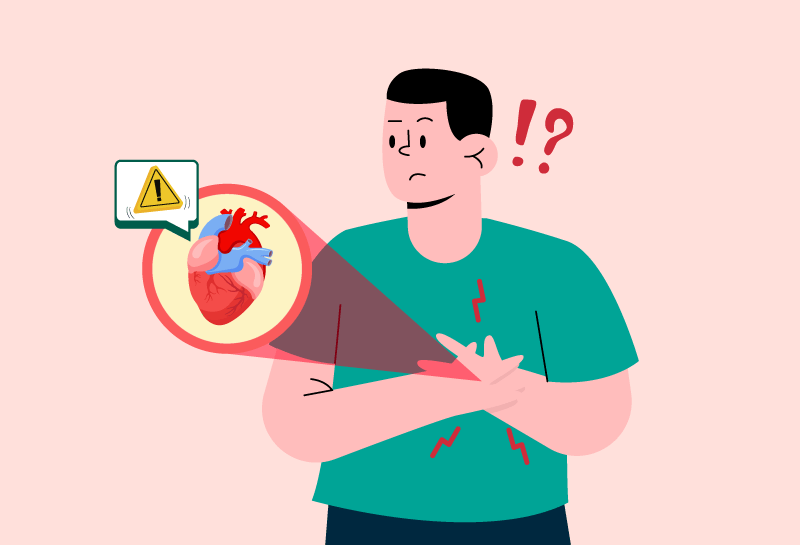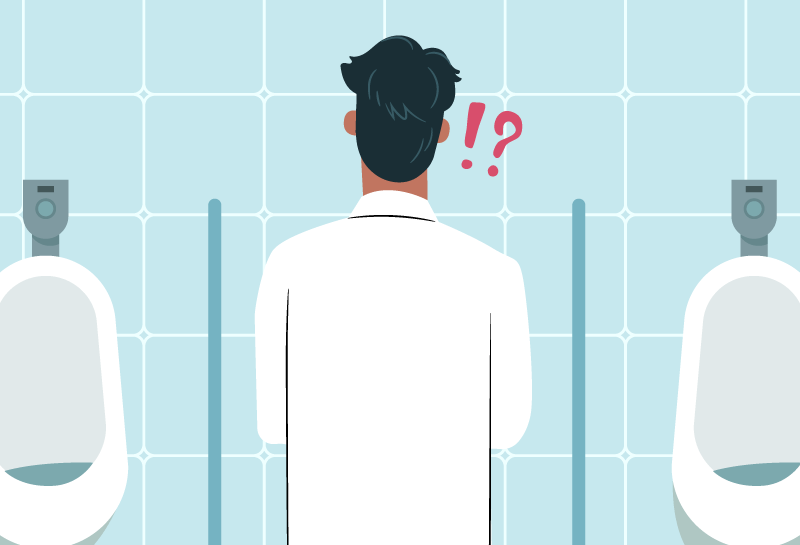 |
 Preserve the power of antibiotics Preserve the power of antibiotics
Take antibiotics ONLY if you need them. Antibiotics DO NOT work on viral infections such as those that cause common cold or flu, runny noses or sore throats. |
 |
 Follow prescriptions strictly Follow prescriptions strictly
Take antibiotics exactly as prescribed by your healthcare provider. Do not skip doses, and complete the full course of antibiotics, even if you start feeling better before the medication is finished. |
 |
 Do not share antibiotics Do not share antibiotics
Never share antibiotics with others, and do not use antibiotics prescribed for someone else.
|
 |
 Avoid self-medication Avoid self-medication
Do not self-prescribe antibiotics. Consult a healthcare professional to determine the appropriate treatment for your symptoms. |
 |
 Understand dosage instructions Understand dosage instructions
Clearly understand the dosage instructions, including the frequency and timing of the antibiotic doses. If you have any doubts on how to take the medication, always seek clarification from your healthcare provider. |
 |
 Be aware of side effects Be aware of side effects
Familiarise yourself with potential side effects of the prescribed antibiotic. If you experience adverse side effects or allergic reactions, seek medical attention immediately. |
 |
 Communicate with healthcare providers
Communicate with healthcare providers
Provide a complete medical history, including any allergies or adverse reactions to antibiotics, to your healthcare provider before receiving a prescription. Inform your healthcare provider about any other medications, supplements or herbal remedies you are taking. |
Antibiotics aren’t always the answer when you’re sick. Ask your doctor about ways to feel better while your body fights off an infection.
By adhering to these guidelines, individuals can play a crucial role in preventing antibiotic overdose and contribute to the responsible use of these important medications.



 Copied
Copied





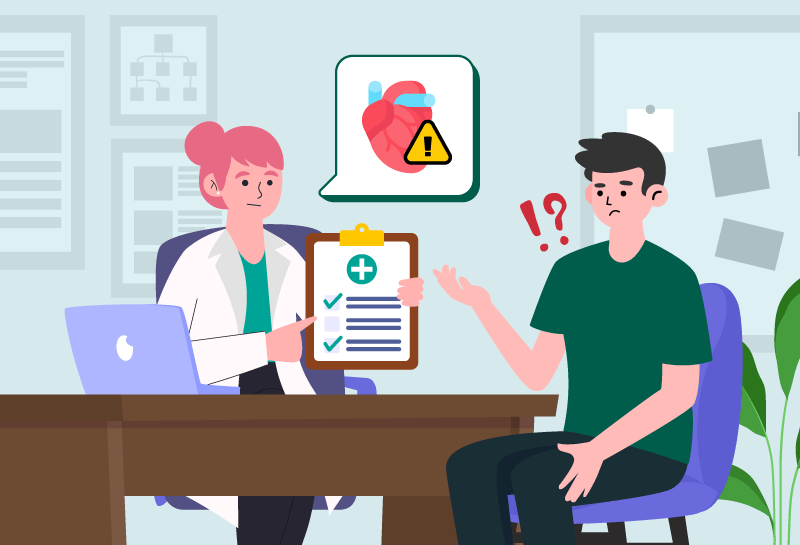
 15 mins read
15 mins read 